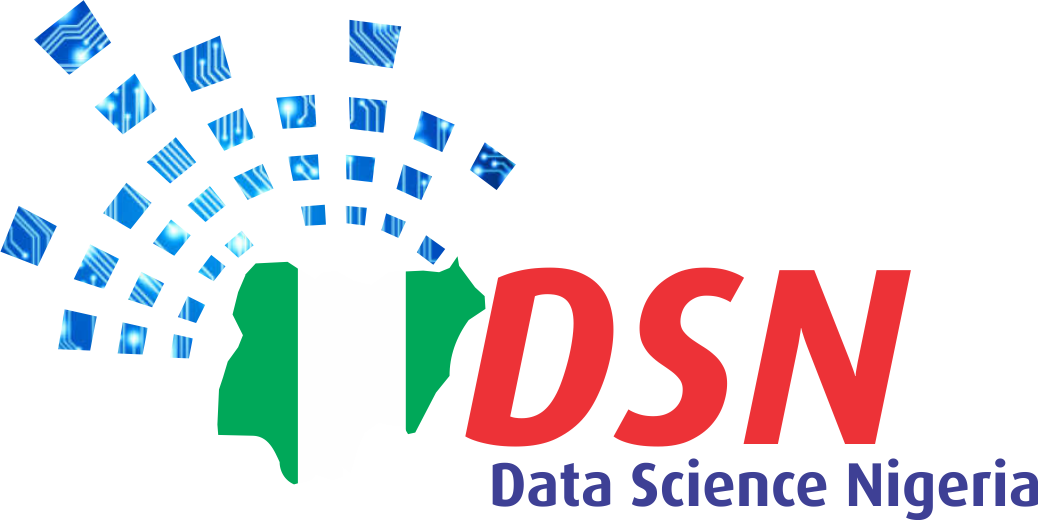AI COMMONS HEALTH & WELLBEING HACKATHON SOLUTIONS
OVERVIEW
The AI Commons Project is a proof of concept of a new methodology of developing Artificial Intelligence solutions that allows anyone, anywhere to benefit from the possibilities that AI can provide. The project aims to increase/improve the accessibility, reproducibility, contextualization and enhancement of Artificial Intelligence solutions globally and especially in emerging markets.
The project aims to demonstrate how a global community of AI experts can learn and co-create mutually beneficial solutions with the opportunity for cross-county incremental enhancement.
HEALTH FACILITIES ALLOCATION FOR COVID-19
STATEMENT OF PURPOSE
INTRODUCTION
Data Science Nigeria
Aboze Brain John & Rising Odegua (Data Science Nigeria)
PROBLEM DEFINITION
In Nigeria, resources allocation in the health sector hasn’t been efficient leading under-utlizing and over utilizing of scarce resources. Due to the COVID-19 pandemic that has been existence since the fall of 2019, it is pertinent for devise an strategic logic to efficiently locate health centers that need to be properly equipped in order to optimally test, detect and isolate the COVID-19 outbreak.
This problem is faced by individuals living in Nigeria cutting across government, industries, and businesses.
Isolation centers are randomly allocated and health centers that are not isolation centers remain ill equipped.
SOLUTION
The solution uses the factors of social vulnerability index(SVI) such as socioeconomic status, household composition, literacy status and housing and transportation to optimally locate health facilities in Lagos, Nigeria that needs to be revamped/re-equiped during the covid-19 to curtail the spread of the virus. The solution was released in 2020.
Publication: Research Gate
The output of the solution is the identification of geographic locations where health facilities are needed based on low, medium and high vulnerability.
Health practitioners
Government
Patients.
Geospatial data analysis and analytics.
N/A.
USAGE
For government to make strategic decisions in resource and facilities allocation.
Government Officials
Health workers.
The solution has already identified the geographic locations where health facilities are needed. To update the solution, more dataset that make up the SVI are required, the SVI data then serves as the input loaded in the Geographic Information System (GIS) for geospatial analysis.
The solution can be made to read user’s incoming text automatically and return a notification appropriately.
DOMAIN AND APPLICATIONS
The solution was tested in Lagos State, Nigeria. The covid-19 pandemic is highly correlated to social distancing, and Lagos being the most populous state in Nigeria was an ideal choice.
DATASET
The dataset was formulated from percentages of 24 components with weighted distribution via their respective population across the various LGAs. The independent variables were normalized using min-max scaling technique to range of 0-1. The variables used for the construction of the social vulnerability index (SVI) was derived from four(4) domains; socioeconomic status, household composition,literacy status, and housing & transportation.
The dataset was created for the purpose of this solution. The compilation of the 24 different datasets was crucial the construction of the Social Vulnerable Index (SVI).
The research team created the dataset.
COMPOSITION
Aggregation of 37 instances.
The dataset is a representative of Nigeria (larger dataset) as it cites Lagos state (Sample) as a case study.
Each instance of the dataset consist of percentages of the components that make up the Social Vulnerable Index (SVI).
The dataset is reliant of Lagos Bureau of Statistics Poverty Profile and Grid3Global Lagos Health Care Facilities data. All the datasets are open source.
Yes.
The subpopulations were distributed based on socioeconomic status, household composition,literacy status, and housing & transportation.
No, the datasets were aggregated in groups based on the distributions.
COLLECTION PROCESS
The datasets used were derived from Lagos Bureau of Statistics Poverty Profile and Grid3Global Lagos Health Care Facilities.
The Lagos Bureau of Statistics data was scraped from pdf documents while Grid3Global data is readily downloadable in numerous format online.
The sampling strategy is deterministic.
The Research team.
The ethical review on the work were carried by Data Science Nigeria’s Research Lead and Technical Delivery Lead.
Third-parties sourced.
PREPROCESSING/CLEANING/
LABELLING
Exploaratory Data Analysis, dropping redundant features and standardization of the datasets.
Python (which is open sourced).
USES
Further research on the subject matter.
MAINTENANCE
Data Science Nigeria
A message can be sent by filling the form HERE
The datasets update schedule is depended on third-parties(Lagos Bureau of Statistics & Grid3Global) updates.
DATASET PUBLICLY AVAILABLE
Yes, standardization of the dataset.
MODEL
MODEL DETAILS
N/A.
EVALUATION
TESTING THE SOLUTION
TESTING BY THIRD PARTIES
RESULT
RESULT DETAILS
ENVIRONMENT
We used Windows 10 on 64 bit. Data analysis and wrangling were carried out by Python 3.7 and Esri ArcGIS Pro.
STEPS TO REPRODUCE THE SOLUTION
RESULT DETAILS
To reproduce this work:
Download the solution files form HERE
Download the shape file of Lagos state local government administrative boundaries from HERE Navigate to Notebooks and open COVID19_note.ipynb
Run all the cells in the notebook to generate the Social Vulunerability Index(SVI) dataset
The generated dataset is then overlayed on Lagos state shape map using ArcGIS.
SAFETY
GENERAL
The possible sources of bias/ unfairness wasn’t analyzed.
EXPLAINABILITY
The solution is made explainable visually via maps.
FAIRNESS
CONCEPT DRIFT
The solution was not tested on different unseen data apart from the one used to develop the solution.
Yes, this can be achieved by carrying out the analysis and mapping again. This is highly dependent on updates of the third party bodies in charge of the datasets.
Correctness can be analyzed from GIS software reports and through visual inspection of the output maps.
SECURITY
It is not suitable for any solution that is not related to Social Vulunerability Index (SVI) of a given geographic area.
User data is not collected.
Copyright © 2020 Data Science Nigeria.

